Many Americans are dealing with student loans. While the standard for the discharge of student loans has changed, it is likely still not a dischargeable debt for many people who file bankruptcy. It is very difficult to wipe out student loans in a bankruptcy.

Can You Wipe Out Private Student Loans in Bankruptcy?
Many Americans are dealing with student loans. While the standard for the discharge of student...


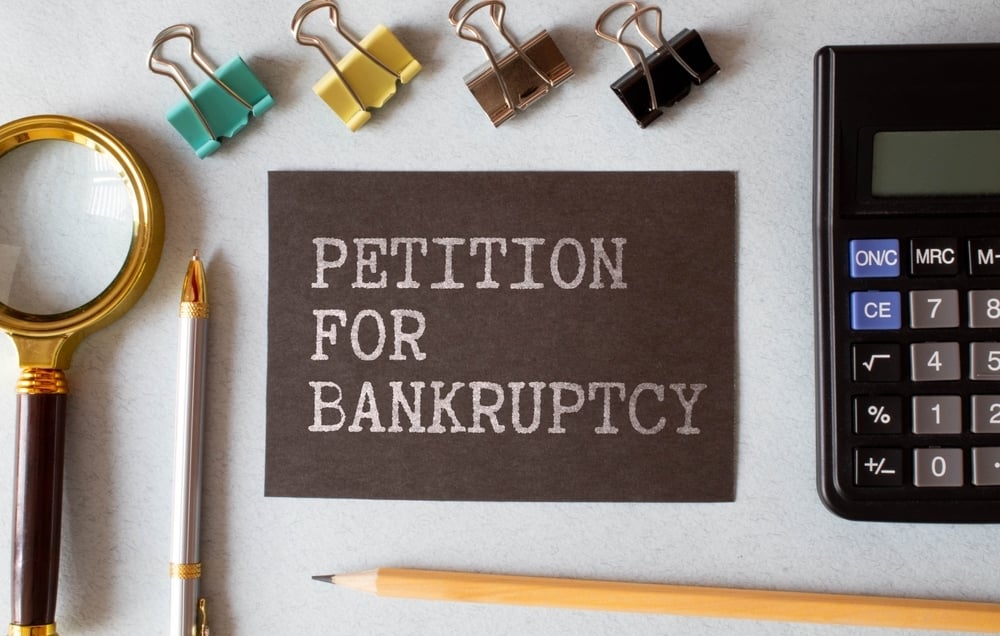

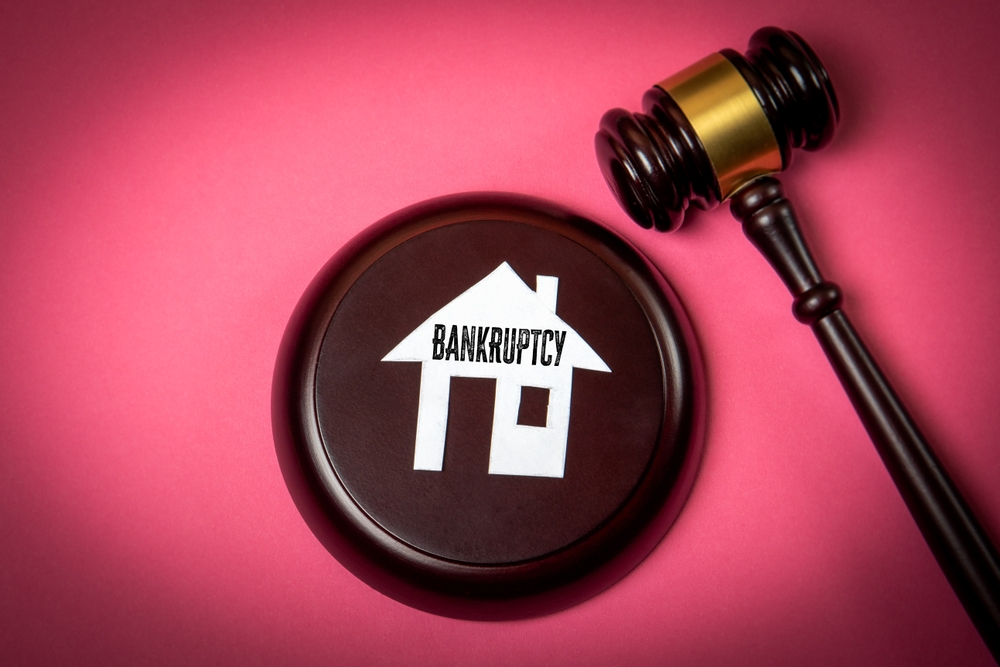
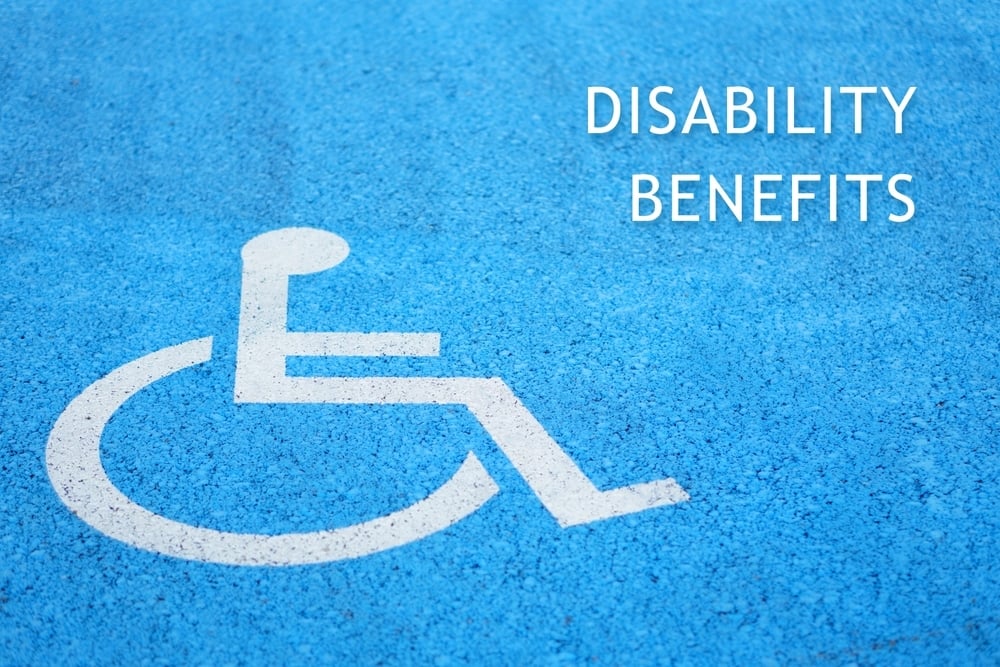


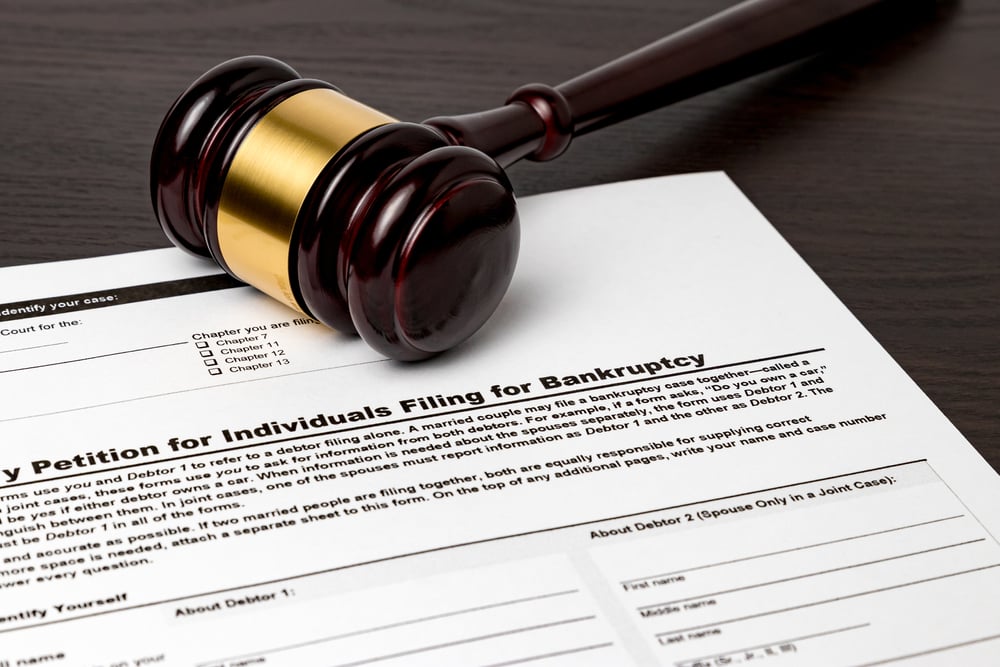
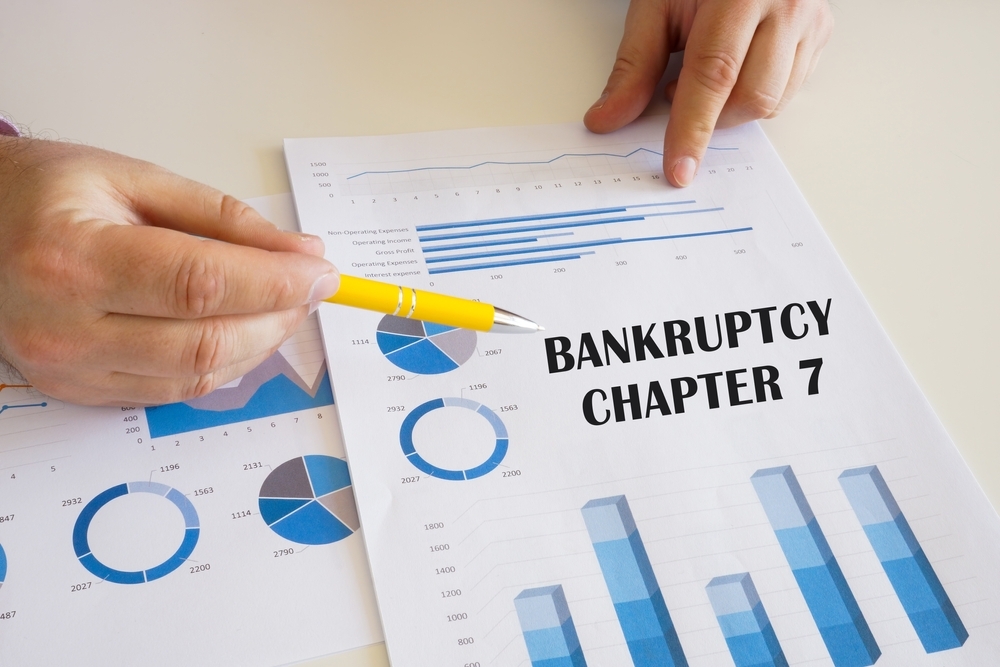


.jpg)
.jpg)




